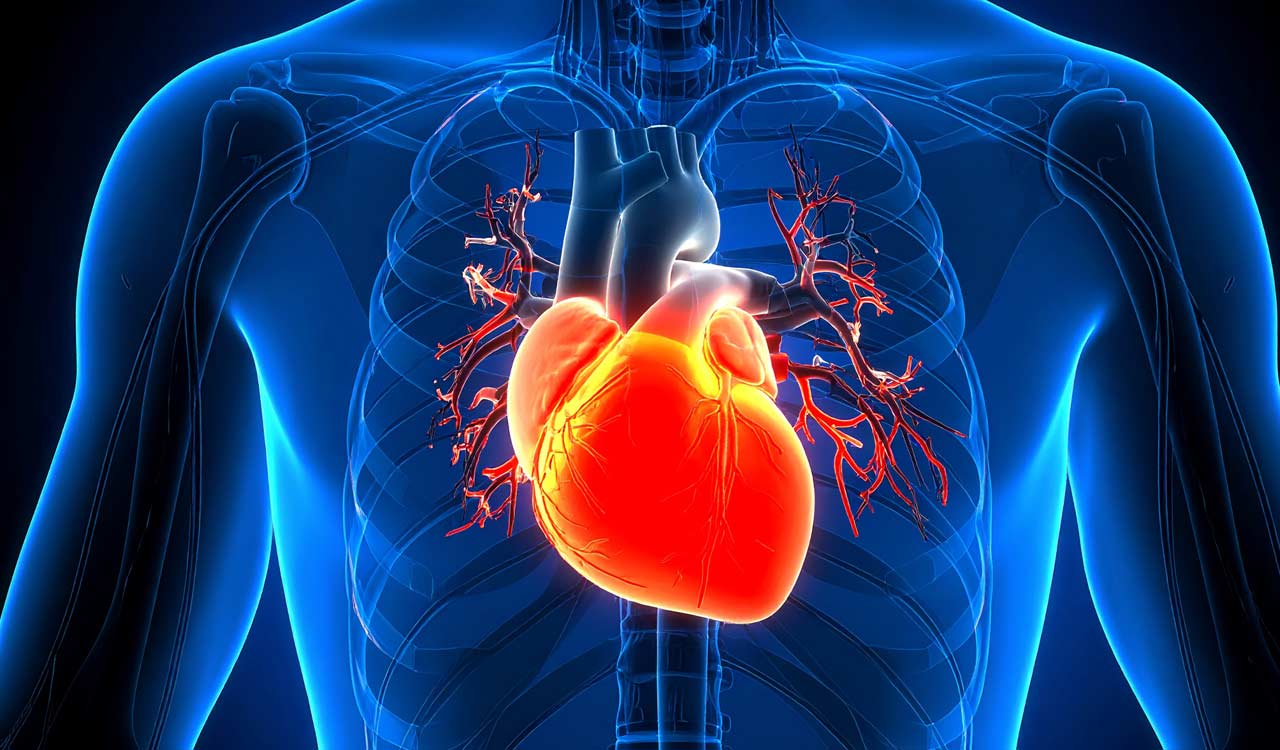-
Daily Horoscope: Your stars are bringing good tidings for you. Check out your astrological predictions for January 7, 2026. May the day bring you happiness
-
EAM S Jaishankar visited the Paris exhibition *Ce qui se trame – woven stories between India and France*, highlighting India’s textile heritage. His visit reinforces India-France cultural and strategic ties, with upcoming talks on bilateral cooperation and global issues
-
Daily Horoscope: Your stars are bringing good tidings for you. Check out your astrological predictions for January 5, 2026. May the day bring you happiness
-
Devotees thronged Sangam ghats on Magh Mela’s third day in Prayagraj, praising arrangements and security. The 44-day festival began January 3, features multiple auspicious bathing dates, extensive crowd management, transport facilities, and concludes on Mahashivratri with strong administrative oversight statewide
-
A US military operation capturing Venezuelan President Maduro disrupted Caribbean travel, grounding flights to Puerto Rico, Aruba, and the Lesser Antilles. Airlines canceled hundreds of flights, waived change fees, and added extra services as restrictions lifted by Sunday
-
Marwadi Siksha Samithi Law College, Hyderabad, hosted a lively Freshers’ Party for the Class of 2025. Guided by college officials, the event featured cultural programs and inspiring speeches, welcoming new students into the legal fraternity and motivating them for their academic journey
-
Television couple Mahhi Vij and Jay Bhanushali announced their separation after nearly 15 years of marriage via Instagram. They emphasized peace, mutual respect, and co-parenting their three children, assuring fans there is no negativity or drama in their decision
-
Celebrity chef-filmmaker Vikas Khanna directs Shabana Azmi in his upcoming film *Imaginary Rain*, exploring grief, family, and Indian cuisine. Khanna also returns as a judge on *MasterChef India 2026*, which introduces a ‘jodi’ format celebrating culinary diversity
-
Filmmaker Cibi Chakaravarthi will direct Rajinikanth’s upcoming film *Thalaivar 173*, produced by Kamal Haasan and R. Mahendran. The film is slated for a Pongal 2027 release, marking a major collaboration in Tamil cinema
-
Ranveer Singh’s spy action film 'Dhurandhar' has been declared tax-free in Ladakh by LG Kavinder Gupta. Shot extensively in the region, the blockbuster has earned over ₹1,100 crore worldwide, boosting Ladakh’s cinematic appeal and supporting the local film and tourism industry
-
Two Indigo flights from Delhi and Mumbai were diverted to Vijayawada’s Gannavaram Airport due to heavy fog in Hyderabad. Each flight carried around 200 passengers, who landed safely, with departures to Hyderabad scheduled after weather clearance
-
The makers of *Thottam*, starring National Award-winning Keerthy Suresh and Antony Varghese, released a new poster. Written and directed by Risha Sivakumar, the film showcases Suresh in a striking street scene, and she shared it on Instagram with a New Year message
-
“Leisure sickness” refers to people falling ill on weekends or holidays after busy work periods. Limited research suggests stress reduction, travel, lifestyle changes, and delayed symptom awareness may contribute. Staying active, rested, and mindful may help prevent it
-
Daily Horoscope: Your stars are bringing good tidings for you. Check out your astrological predictions for January 2, 2026. May the day bring you happiness
-
Siddhant Chaturvedi and Alizeh Agnihotri have been cast in the Hindi remake of French film “La Famille Bélier,” directed by Vikas Bahl. The musical drama explores a young girl’s journey balancing her singing talent with family responsibilities
-
K-pop sensation BTS is set to make a comeback on March 20, 2026, with a new album—their first since 2022’s "Proof." Members shared handwritten messages with fans, marking the end of their hiatus for military service and solo projects
-
Light snowfall hit higher reaches of Kashmir while rain lashed the plains on New Year, boosting tourist spirits and winter tourism. Resorts saw celebrations and full occupancy, though snowfall deficit during Chillai Kalan raised concerns over water resources and irrigation needs
-
Sabarimala witnessed a peaceful New Year welcome amid the Makaravilakku festival, as police and security personnel marked midnight with a simple camphor-lighting celebration. Devotees joined in prayers, while heavy pilgrim flow continued with authorities ensuring safety and smooth darshan arrangements
-
Fresh snowfall hit higher reaches of Kashmir, including Gulmarg, Gurez, and Macchil, while temperatures remain unusually warm, 3–7°C above seasonal averages. The MeT forecasts light to moderate rain/snow over most areas in the next 24 hours
-
Experts suggest using moringa in sanitary pads, citing its antimicrobial, anti-inflammatory, and skin-nourishing properties. The plant may improve menstrual comfort, reduce irritation, control odor, and lower infection risk, offering a safer, chemical-free alternative for sensitive intimate care
-
Yash-starrer 'Toxic: A Fairytale for Grown Ups' unveils Nayanthara as Ganga in a new poster. The high-octane action film, releasing March 19, also stars Kiara Advani and Huma Qureshi, with shoots in Kannada and English and pan-Indian releases planned
-
Residents in Indore allege eight deaths from vomiting and diarrhoea due to contaminated water, while authorities confirm three. The Madhya Pradesh government announced compensation, suspended officials, ordered a probe, and cited pipeline leakage as cause opposition accusations of concealment persist
-
Tara Sutaria and Veer Pahariya hit back at social media trolls over clips from AP Dhillon’s Mumbai concert. The couple denied manipulated narratives, calling out “clever editing” and paid PR, stressing that love and truth remain unshaken
-
The Centre, via Meity, warned social media platforms of legal action if they fail to remove obscene, pornographic, paedophilic, and unlawful content. Platforms must review compliance frameworks and adhere strictly to IT Act and IT Rules, 2021 provisions

